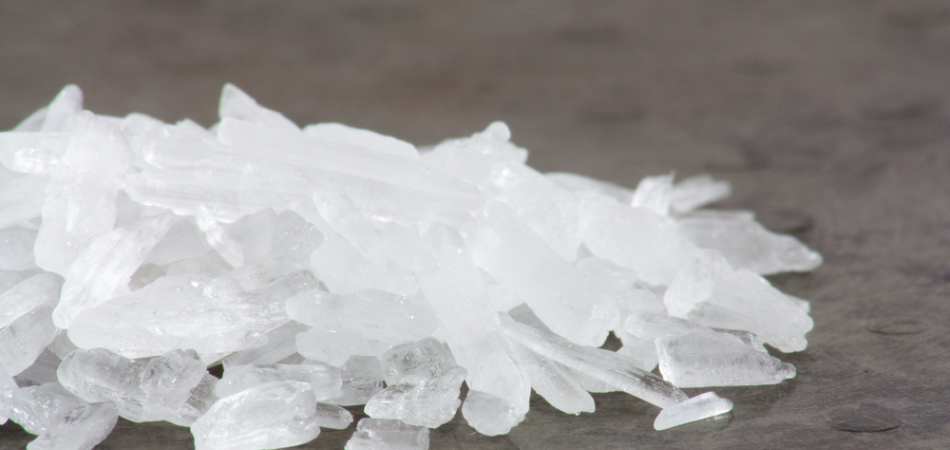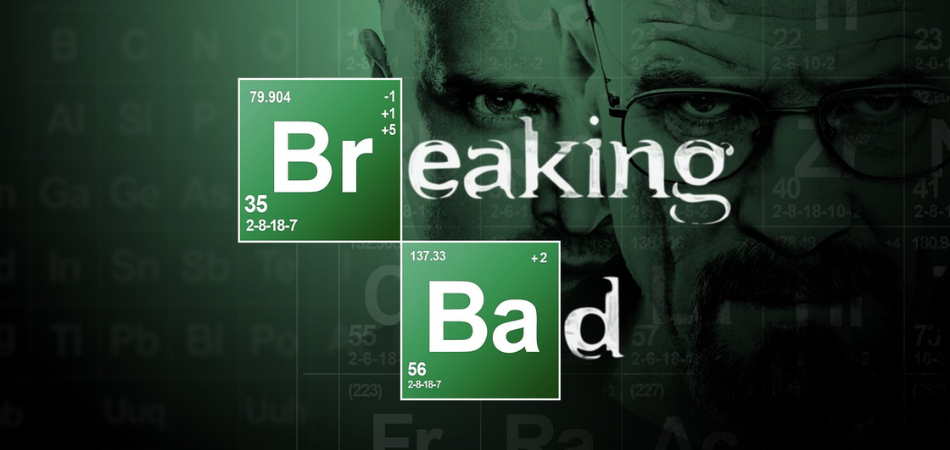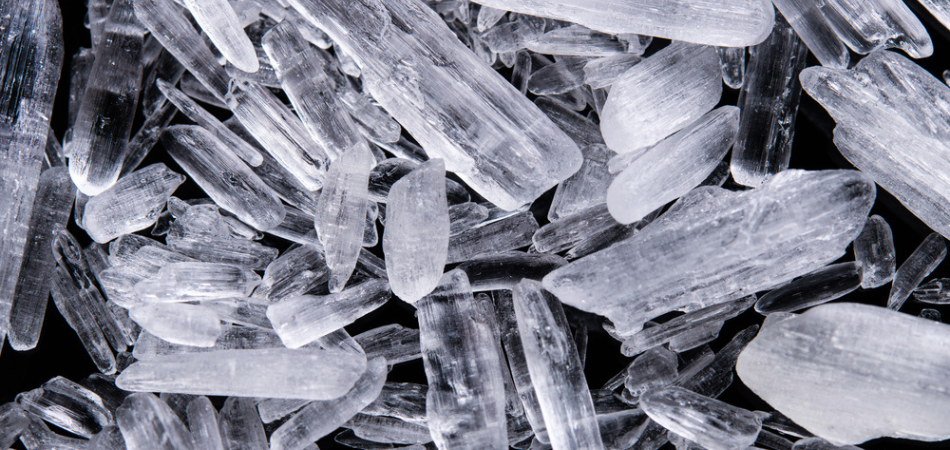Last Updated:
October 13th, 2025
Meth rehab
Meth is one of the most destructive drugs in the world, attacking both body and mind, and leaving behind a trail of broken health, relationships, and opportunities. But the damage it causes does not have to be permanent. With the right support, it is possible to break free and start building a new life. Seeking treatment as early as possible makes recovery more achievable, and at UKAT, we specialise in guiding people through this process with compassion and expertise. Our meth addiction treatment combines safe detox, evidence-based therapy, relapse prevention planning, and long-term aftercare to give you the best chance of lasting recovery. The sooner you reach out, the sooner you can begin to heal and reclaim your future.
Who needs meth addiction treatment?
Meth addiction treatment is for anyone whose life has been disrupted by meth, whether you are already at a crisis point or not. Some people begin treatment when meth has already taken their home, their family, and their health. Others seek help earlier, when they notice they are spending more time thinking about meth than about the people and responsibilities they care about.
Meth is frighteningly potent and can cause serious damage faster than most other drugs. It can affect your sleep, mood, physical and mental health, and put you in constant danger of fatal overdose. In the U.S., methamphetamine is now involved in nearly one in three overdose deaths, a shocking reminder of just how lethal meth can be.
Meth addiction can also make work or school impossible, drain all your money, involve you in crime and harm your relationships with your loved ones. These are all signs that meth has already started to take over your life, and are all signs that treatment is needed now.
In England, the number of people seeking treatment for meth is rising. In 2022–23, 615 people were treated for methamphetamine use, but by 2023–24, that number had jumped to 826. That may sound small compared to the U.S., but it represents hundreds of individuals and families already affected.
Why is effective treatment necessary for long-term recovery?
Meth is one of the hardest drugs to quit without help. It changes the way your brain processes pleasure, motivation, and stress, leaving you feeling flat, anxious, and desperate without it. Trying to manage that alone is rarely sustainable, and while you may stop for a few days, the cravings and withdrawal symptoms can push you straight back into the dangerous cycle.
But meth detox, like detox for other drugs, on its own is not enough. You can clear meth from your system, but without therapy, the same stress, loneliness, or old friends will drag you back. Therapy on its own also isn’t enough, because if your body is still craving meth, talking about your problems won’t stop the pull to use. Even after progress in both detox and therapy, leaving meth rehab without proper aftercare leaves you vulnerable to relapse, with the risk of overdose skyrocketing because tolerance has dropped. Real recovery lasts when all of these pieces fit together, in a three-stage treatment plan. Here is how that plan works at a UKAT meth rehab centre:
Stage one: Crystal meth detox
Detox means stopping meth and giving your body the chance to clear the drug completely. People sometimes try to do this at home, but without proper help, it is difficult, dangerous and often leads straight back to using. A medical meth detox gives you the safest possible start, with care in place to see you through the challenges of withdrawal.
As soon as you arrive at a UKAT rehab centre, our team will carry out a full health check. We want to know about your history with meth, your overall health, and any personal health concerns. This enables us to prepare for the days ahead, so whatever comes up, we are ready to act.
During meth detox, our team will keep a close eye on your well-being, make sure you’re eating and drinking, and give you the emotional reassurance you need.
When you’re through the worst of it, you will start with light therapy, so you can begin talking through the things meth has kept buried. Those early conversations lay the path toward full rehab therapy, where the work of building a life without meth can really begin.
What meth withdrawal symptoms should you expect when detoxing?
Coming off meth is never easy. Your brain and body adapt to meth, so when it’s taken away, everything feels out of balance. This is why meth withdrawal can be such a tough experience, and why so many people relapse if they try to get through it alone.
Some of the most common meth withdrawal symptoms include:
- Intense cravings to use meth again
- Overwhelming fatigue
- No motivation to do anything
- Emotional highs and lows that come without reason
- Deep feelings of sadness or emptiness
- Constant restlessness
- An unexplainable sense of panic
- Trouble getting to sleep or staying asleep
- Disturbing or very realistic dreams
- Slowed-down thinking
- Muscle shakes, aches or tension
- Feeling hungrier than normal
These symptoms can feel frightening, but they are a natural response to your body healing from meth use. The most important thing to understand is that they don’t last forever, and with professional support in a UKAT detox centre, you can get through the worst of it safely.
What should you expect from the meth detox timeline?
While every detox journey is unique, meth withdrawal usually follows a familiar pattern. It happens in stages, each with its own challenges, but also its own signs of progress. Here is a typical meth detox timeline that should help prepare you for the first days of recovery:
At UKAT, each meth rehab centre is slightly different in the medical care it provides. For example, some have on-site doctors, while others have 24/7 nursing support. Reach out to us and we’ll make sure you choose the safest, most supportive option.
Stage two: Crystal meth rehab treatment
Meth rehab is a focused drug rehab programme of therapy that helps you live without meth once detox is done. It is where you learn how to manage cravings, put long-term routines back into place, and face the impact meth has left behind.
Some meth rehab services are outpatient, where you live at home and travel to a local clinic or hospital for appointments. That can work if you have a strong support network, but for many people, the same friends, dealers, pressures, and places are still right there. This can make staying meth-free in between therapy sessions really tough, and a lot of people relapse as a result.
UKAT provides inpatient meth rehab where you stay on site for a period of time, away from the pull of dealers, old contacts, and familiar routines. Every day has a clear shape where you wake up at a set time, eat proper meals, take part in different therapy sessions and go to bed at a reasonable hour. Staff are around when you need them, and you are alongside others who are going through the same process. After months or years of drug use and chaos, this routine can come as a huge relief.
What therapies can you expect in meth rehab?
Meth can tear apart every facet of your life, but rehab therapy is where you start repairing those pieces. At UKAT, you will take part in a mix of therapies, each designed to help with a different part of the struggle. These may differ a little between our centres, but can include:
- 12-step programme
- Individual counselling
- Group therapy
- Cognitive behavioural therapy
- Dialectical behaviour therapy
- Trauma therapy
- Meditation
- Breathwork
- Gong therapy
- Auricular acupuncture
- Pet therapy
- Yoga
- Art therapy
- Sound therapy
As explained above, UKAT runs several centres across the country, and each is slightly different. To find out more, contact us directly so we can match you to the centre that gives you the right level of support.
Stage three: Meth relapse prevention and aftercare
Leaving meth rehab after your primary treatment care is complete is a big step, but with the UKAT treatment pathway, it doesn’t mean the recovery journey is finished. With our secondary care options and sober living management, you have the option to extend your time with us until you are comfortable to integrate back into everyday life. Meth cravings and triggers can return suddenly, even months down the line, and without a plan in place, relapse can feel inevitable. Meth relapse prevention planning is designed to make sure that doesn’t happen.
During your stay at a UKAT centre, you will look honestly at what tends to trip you up. You can then talk through these situations with your counsellors and therapists and practise what to do if these situations come up again. Your response may be something simple, like breathing techniques when panic rises, or as practical as changing your route home so you avoid old places where you used to take meth.
Once you leave meth rehab, UKAT keeps walking with you to make sure you stay on the right path. For a full year, you will have access to aftercare, including up to weekly group therapy, where you can share honestly with people who know exactly what the struggle feels like. You will also be invited into our Alumni network, a lifelong community that gives encouragement long after treatment ends. With those supports in place, you will leave with a tried and tested safety net and a whole family of people invested in your recovery.
How to find urgent meth detox and rehab near me?
Every day spent using meth comes with enormous risk to yourself and your family. UKAT’s rehab centres provide urgent meth detox and structured rehab, giving you the safety and support you need from day one. Contact us today to talk through your options and choose the right centre for your recovery.
FAQ’s
(Click here to see works cited)
- “Substance Misuse Treatment for Adults: Statistics 2023 to 2024 Report.” GOV.UK, Department of Health and Social Care, 21 Nov. 2024, https://www.gov.uk/government/statistics/substance-misuse-treatment-for-adults-statistics-2023-to-2024/adult-substance-misuse-treatment-statistics-2023-to-2024-report
- O’Donnell, Julie K., et al. “Trends in Nonfatal and Fatal Overdoses Involving Stimulants — United States, 2010–2021.” Morbidity and Mortality Weekly Report (MMWR), vol. 74, no. 32, 15 Aug. 2025, pp. 1–8. Centres for Disease Control and Prevention, https://www.cdc.gov/mmwr/volumes/74/wr/mm7432a1.htm









